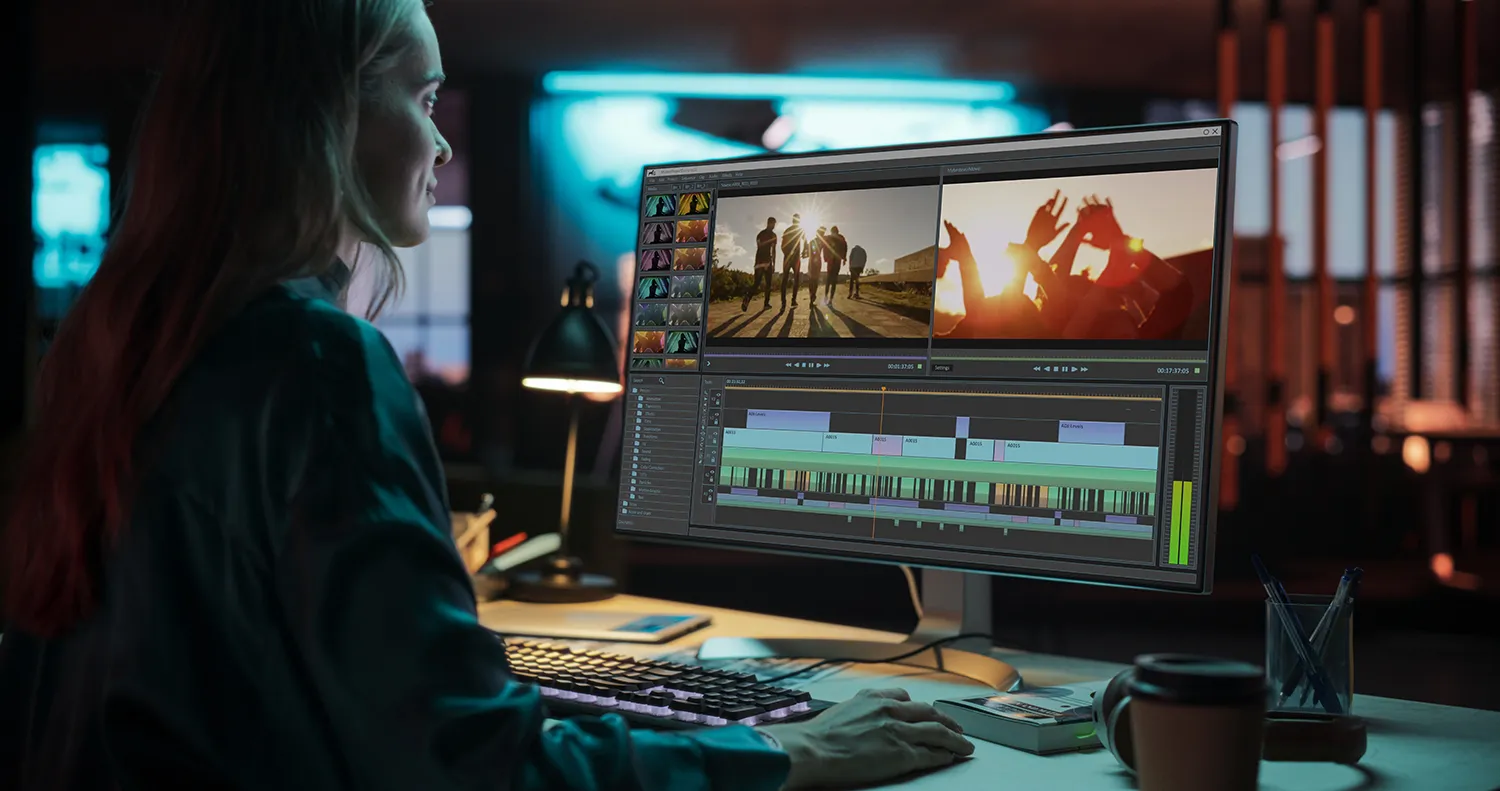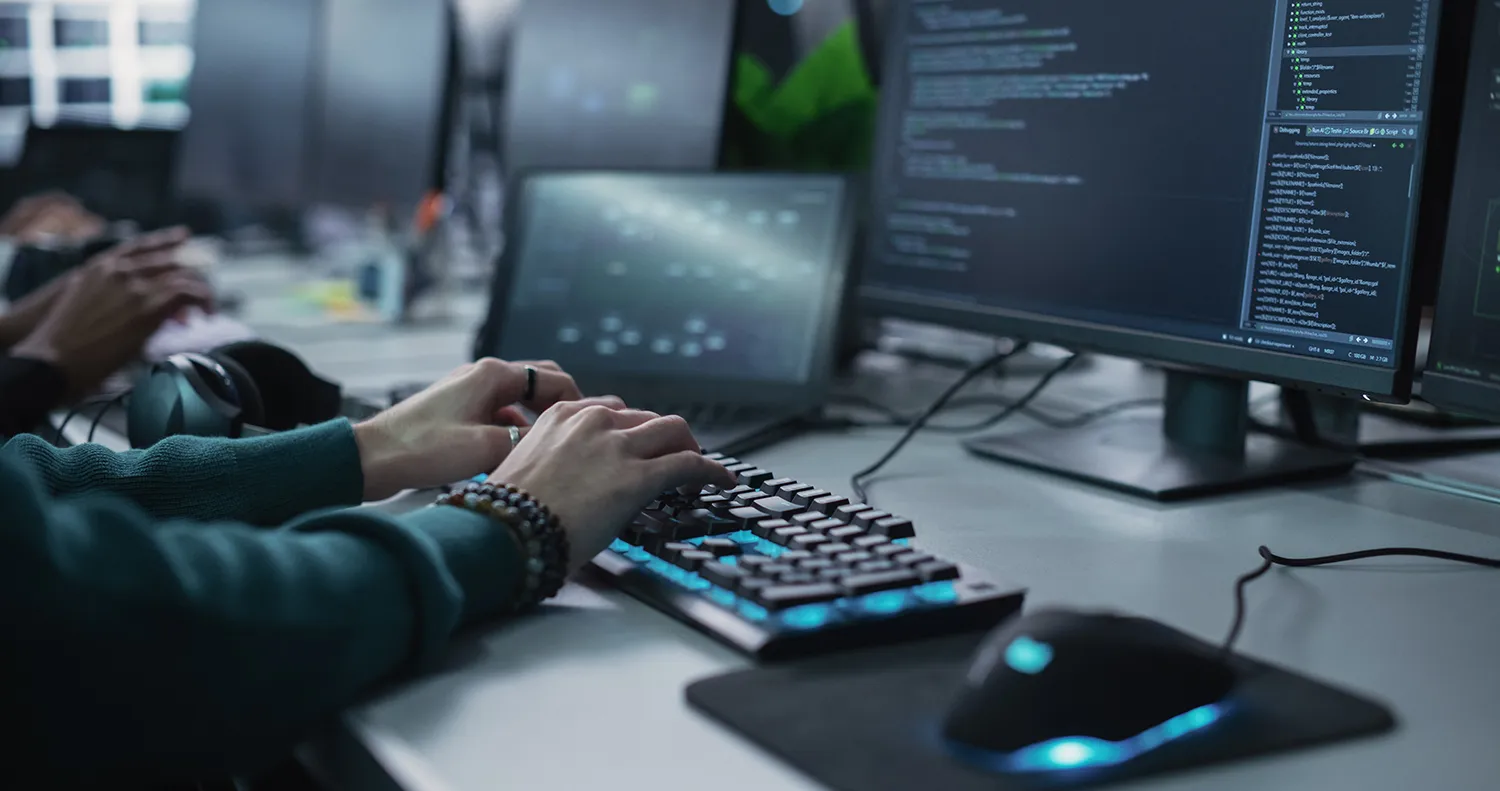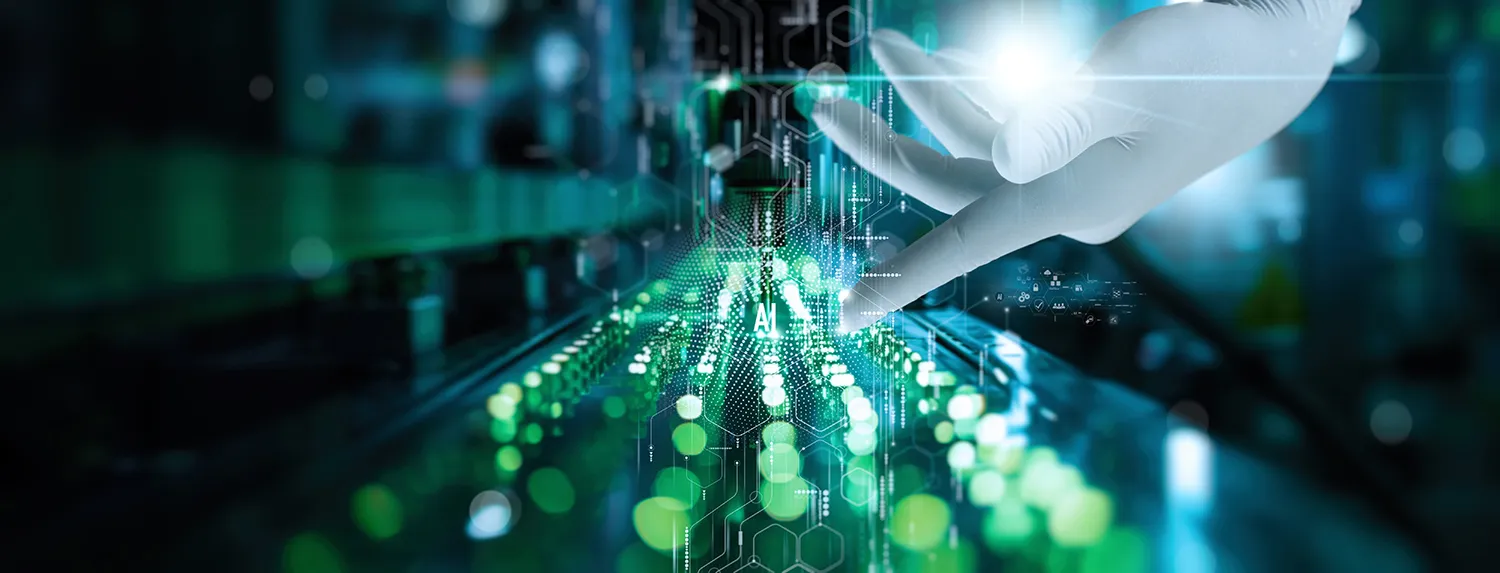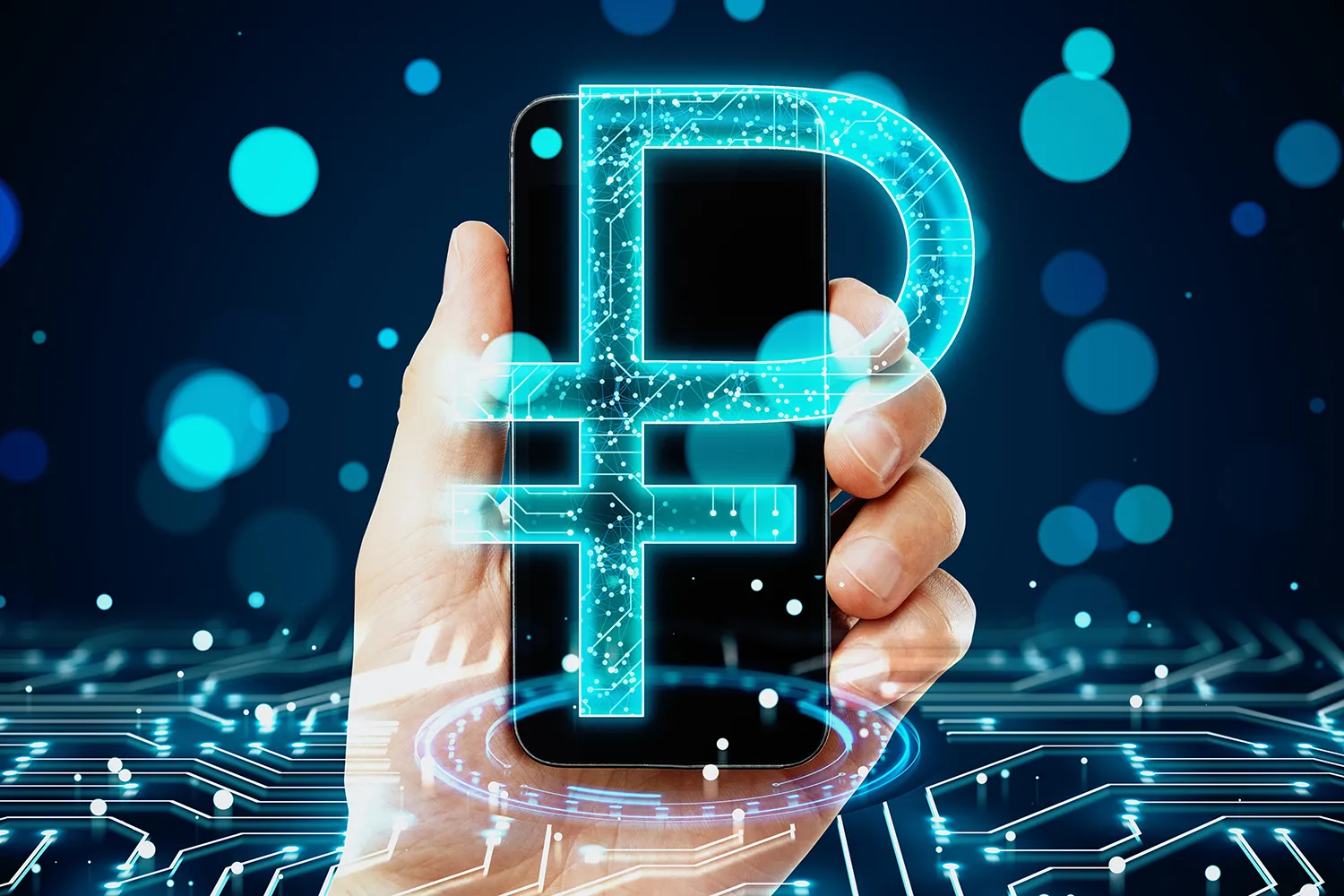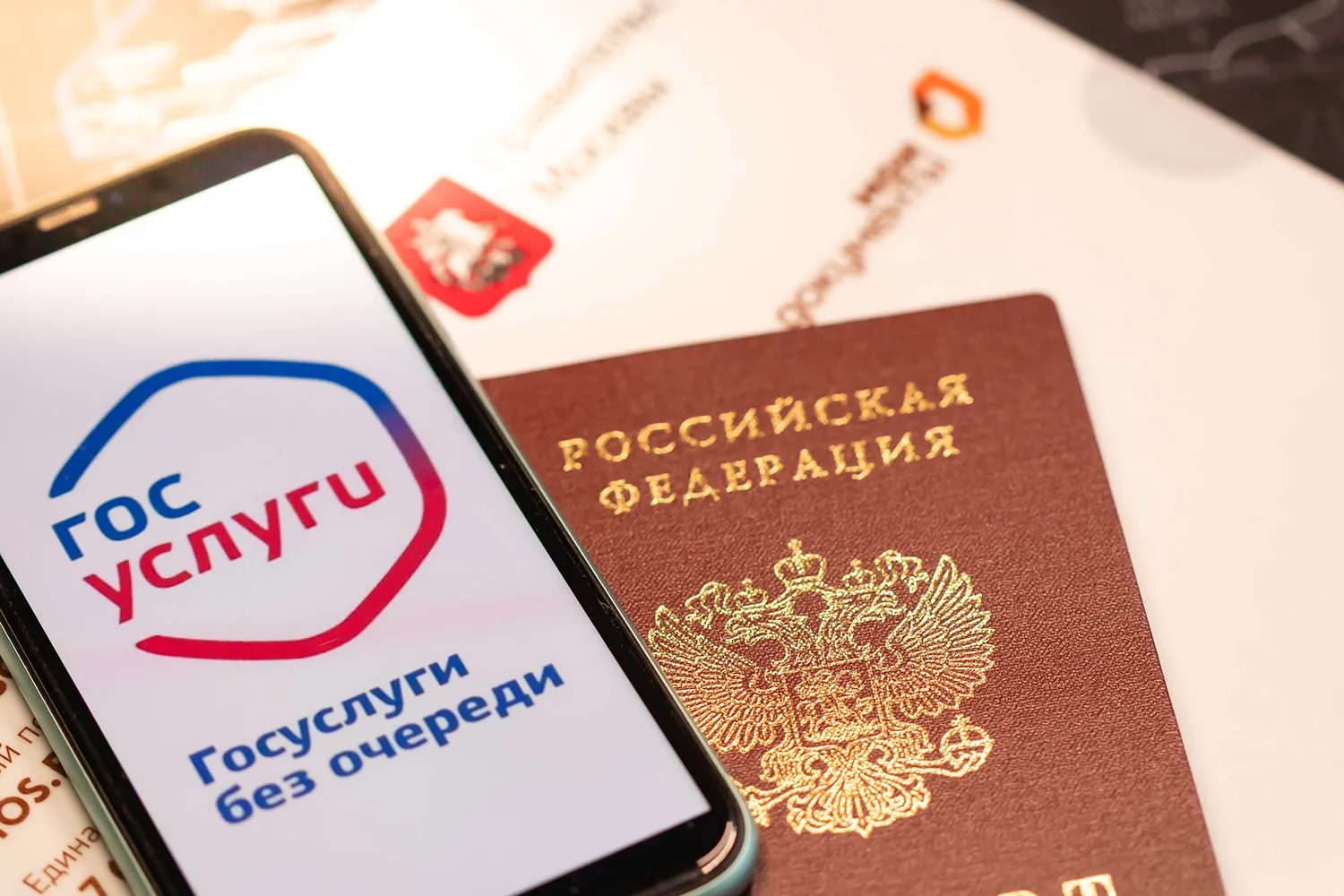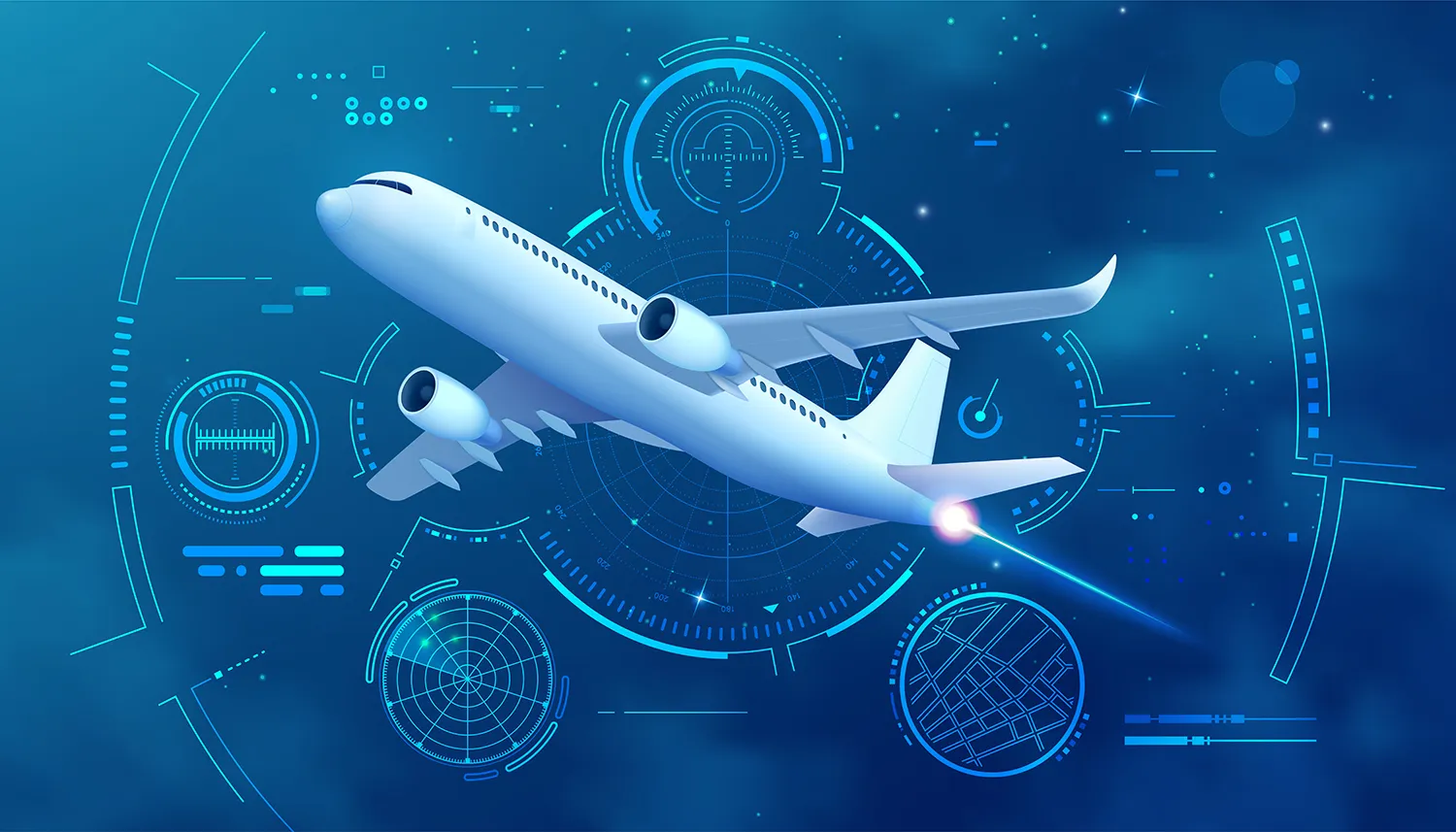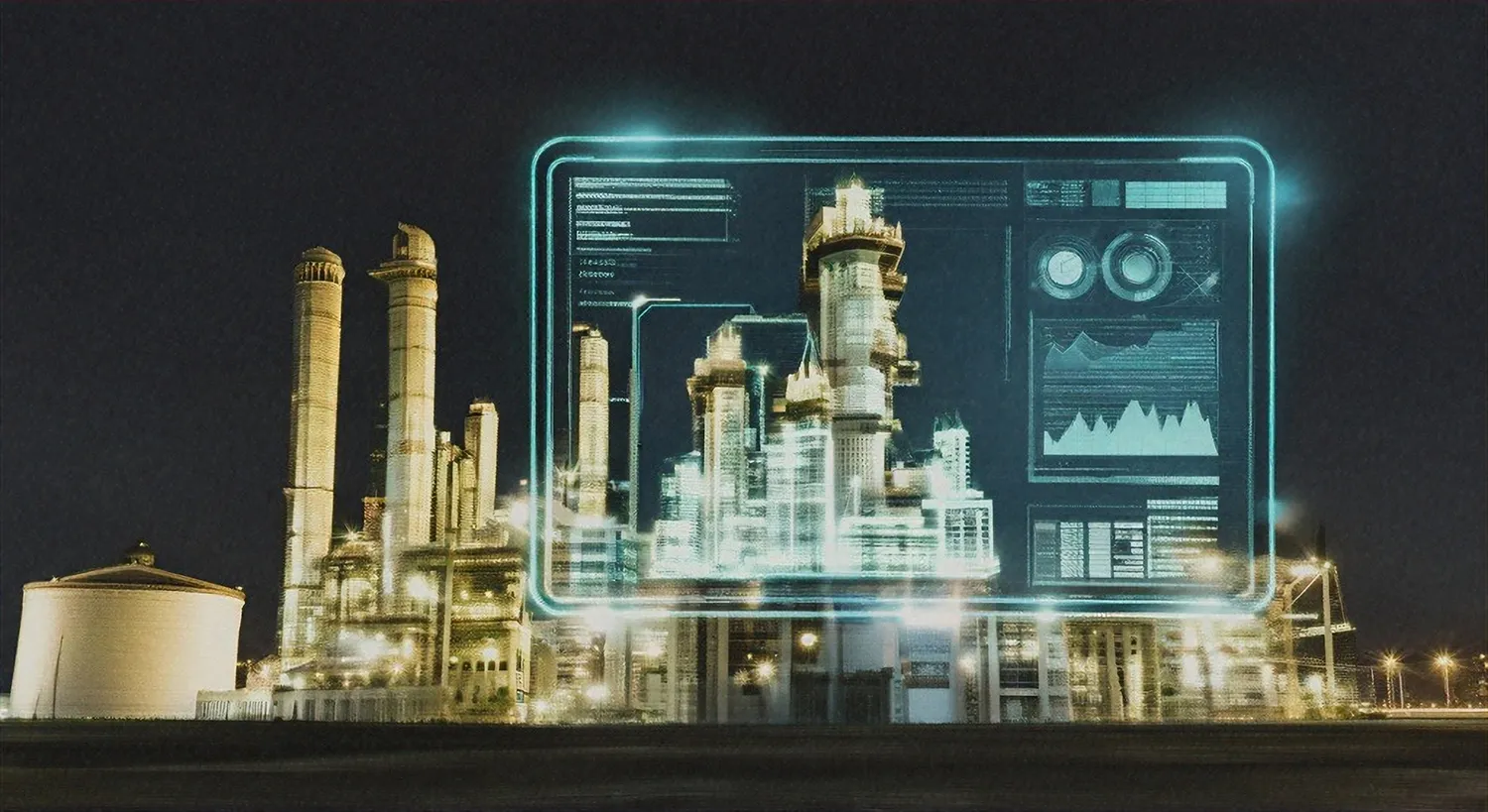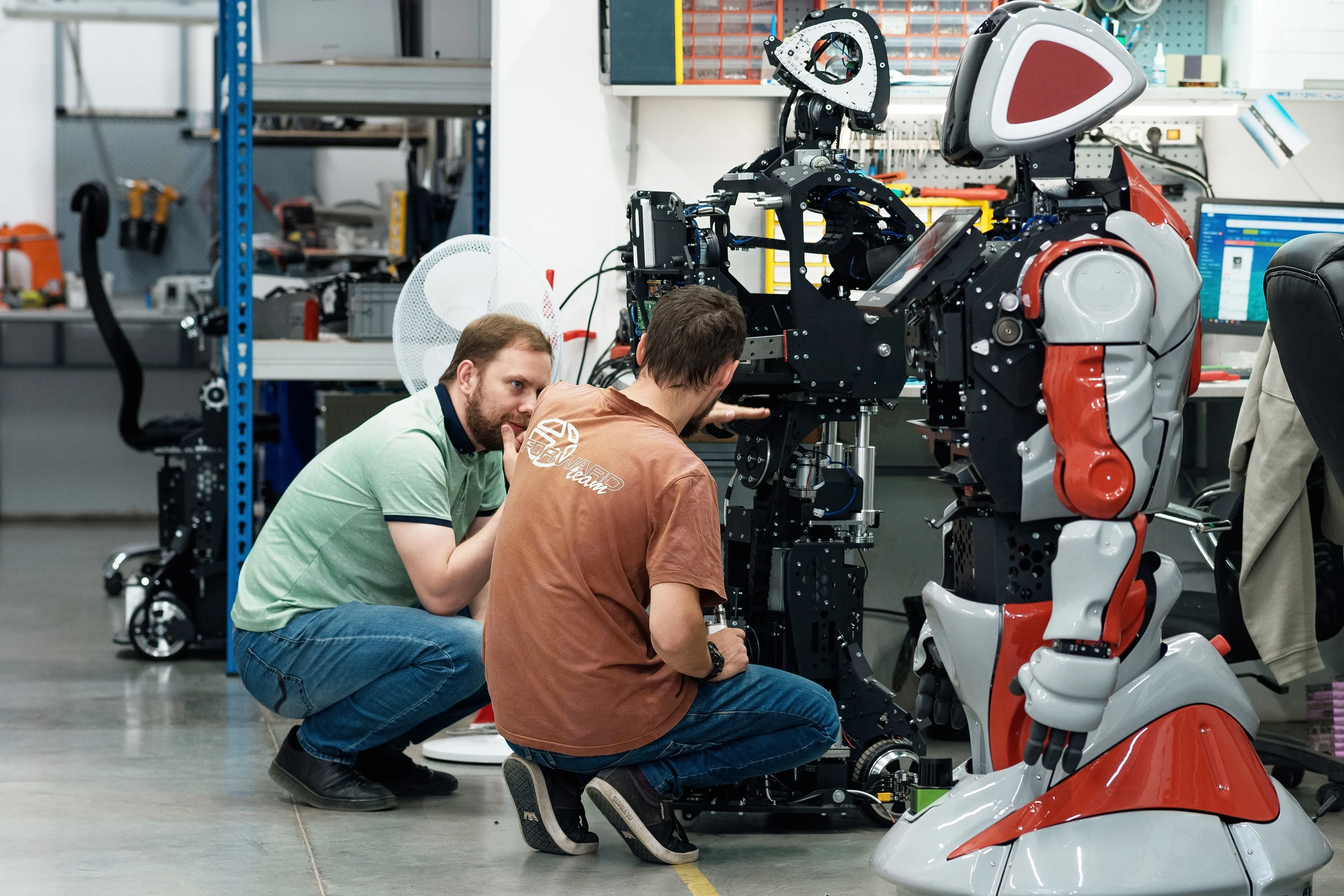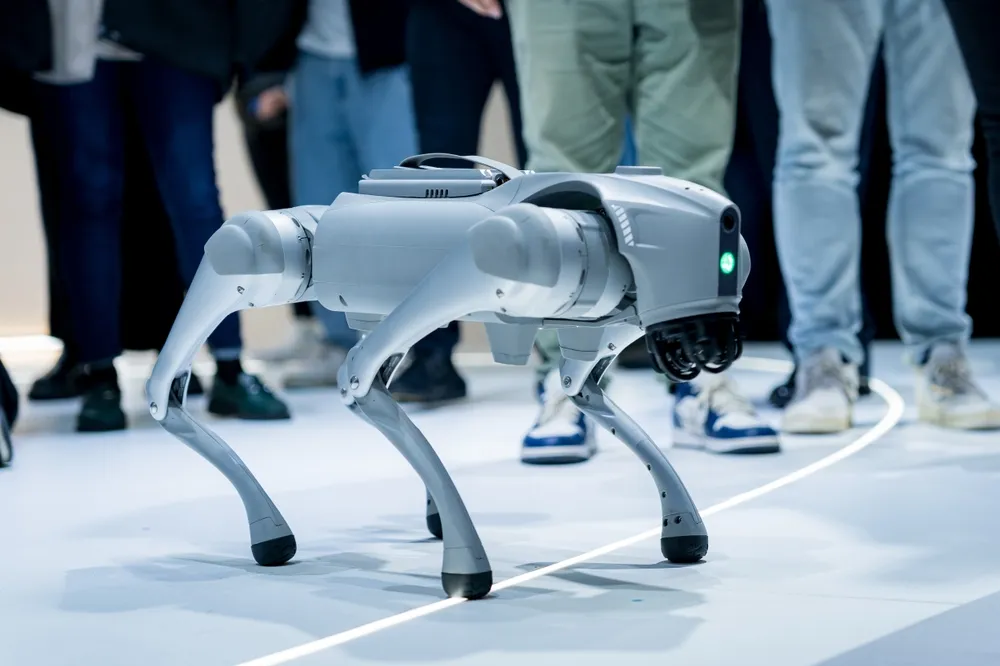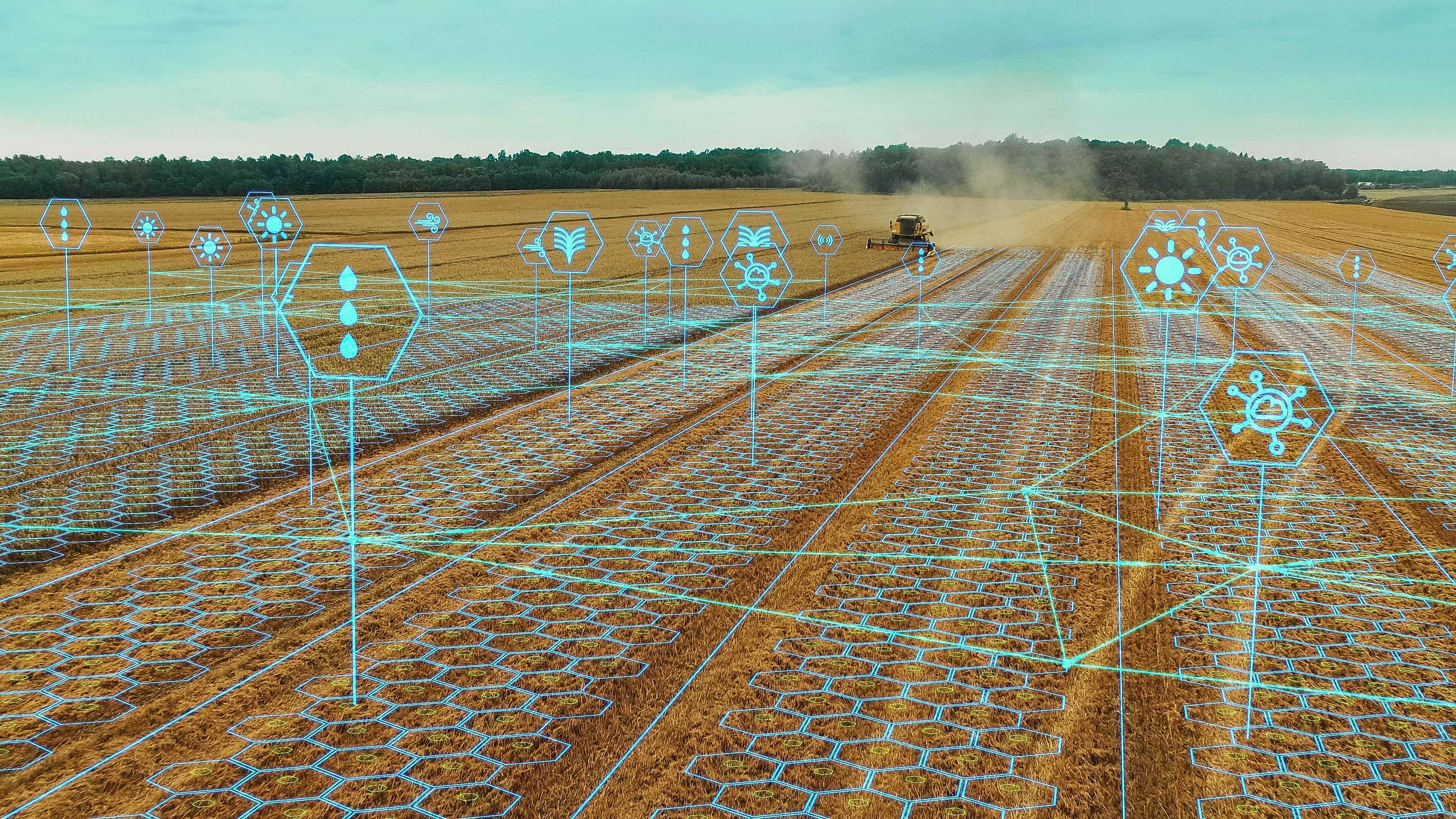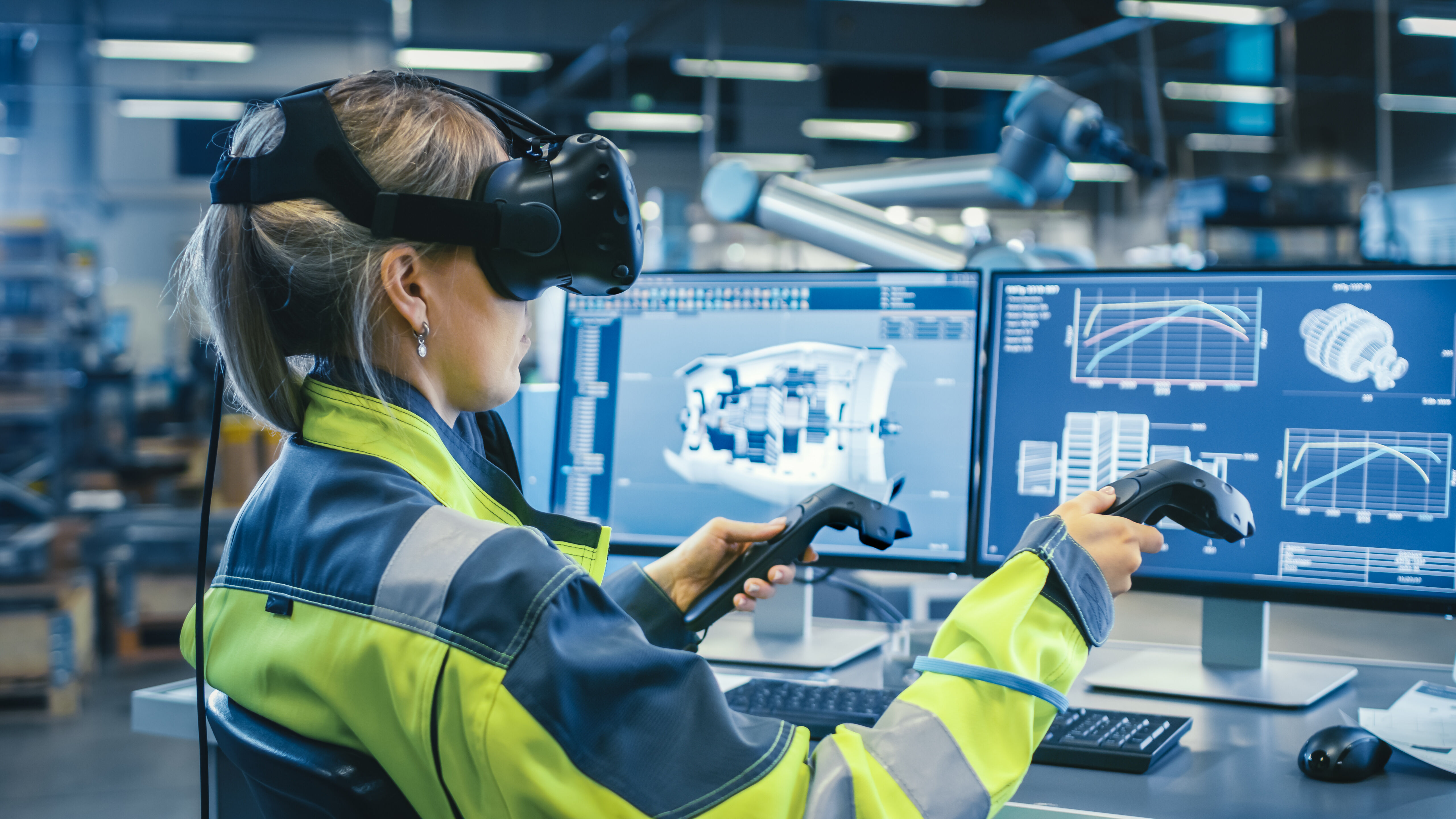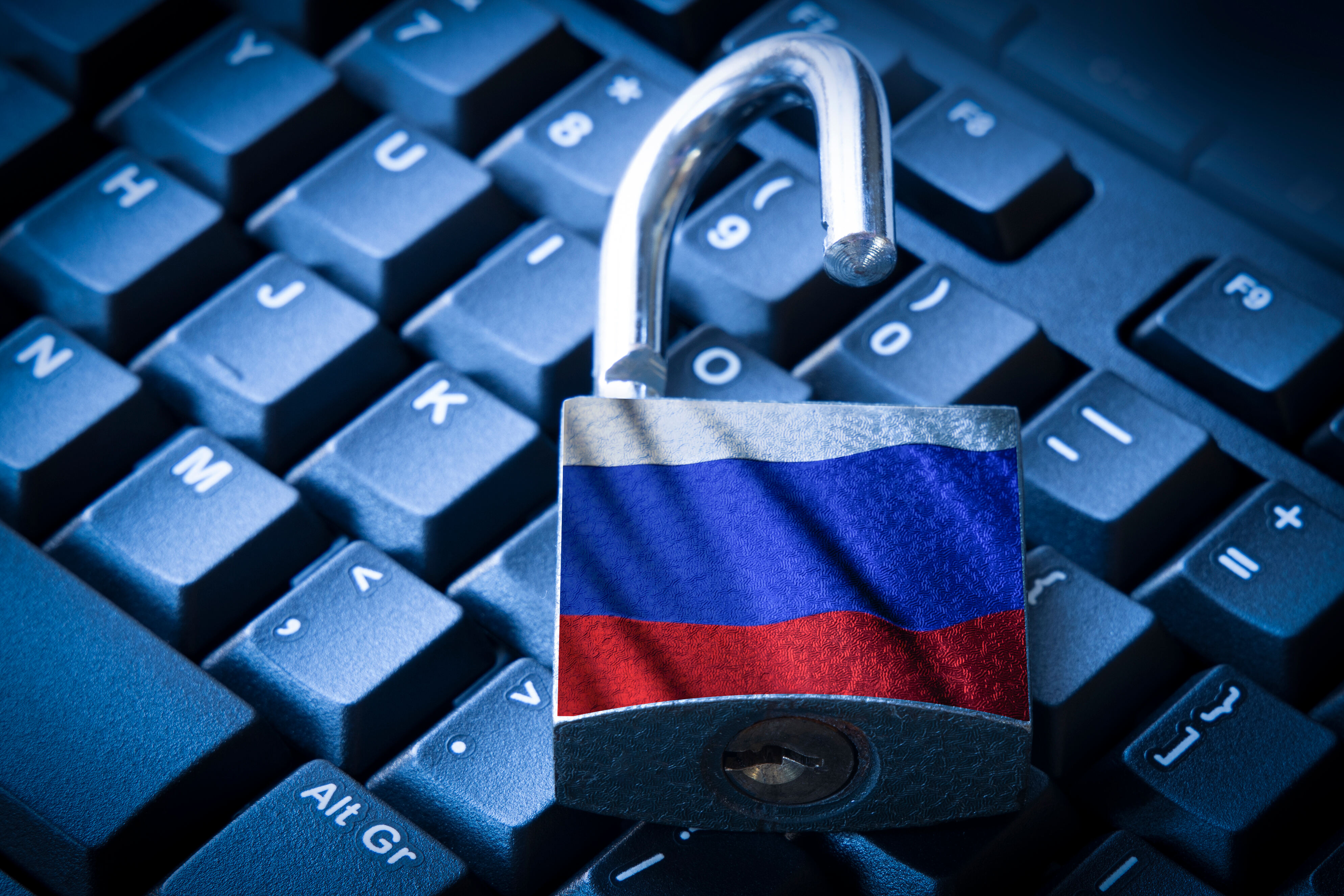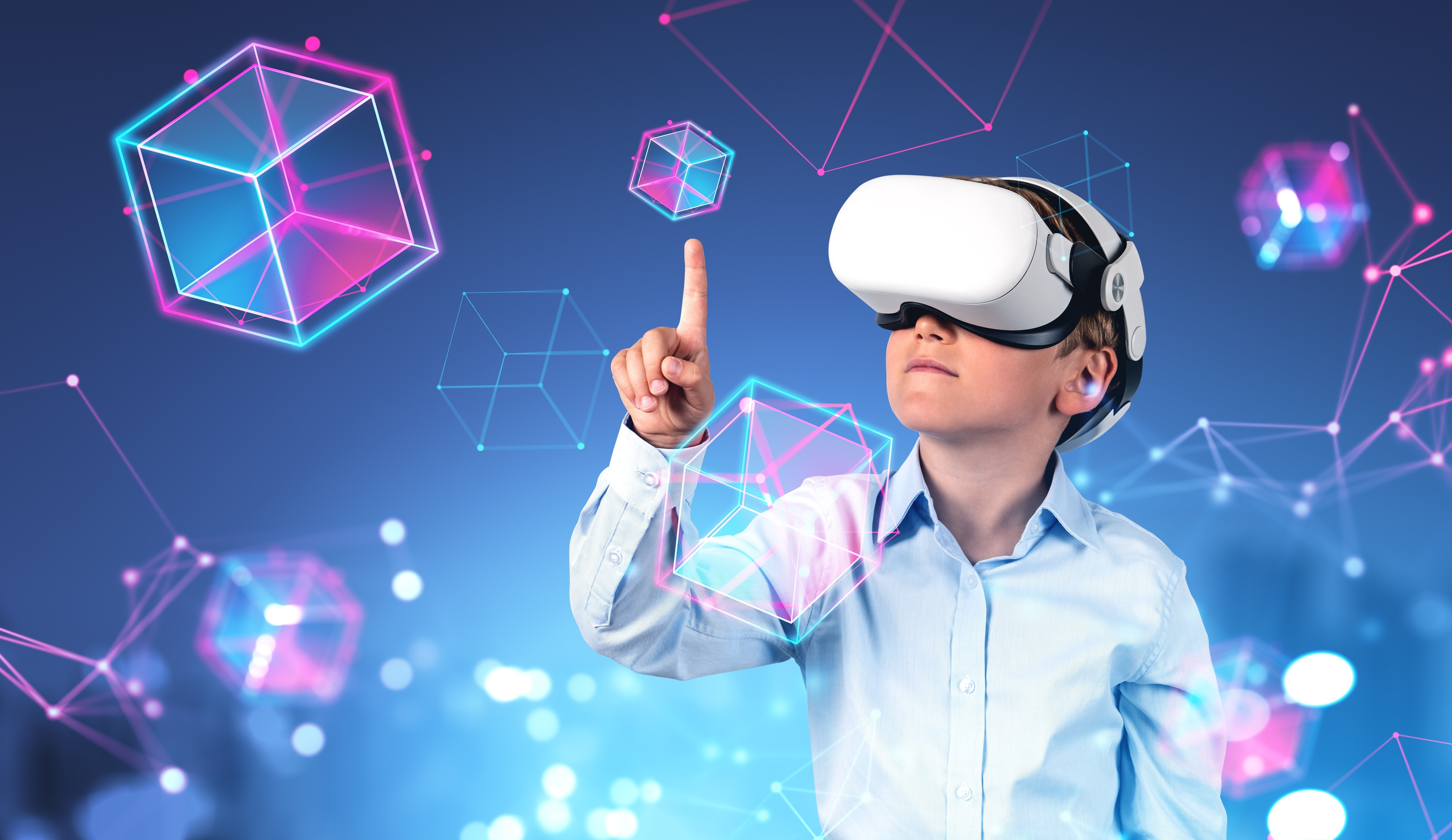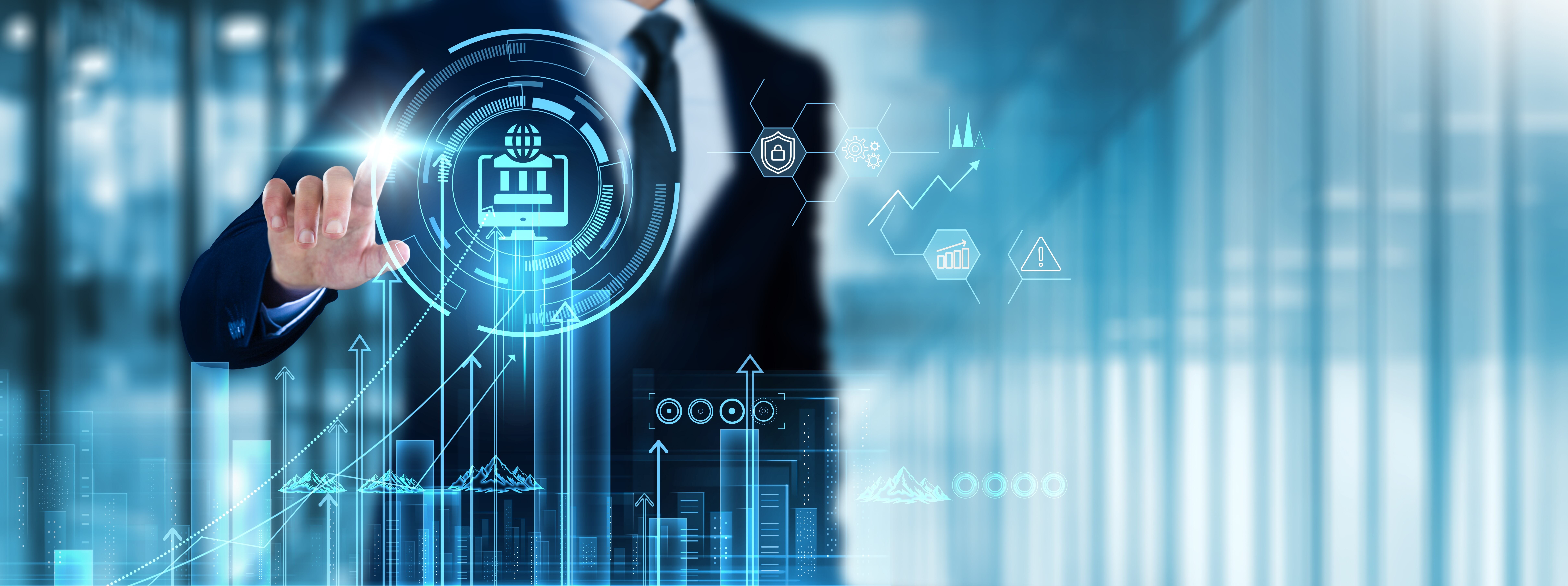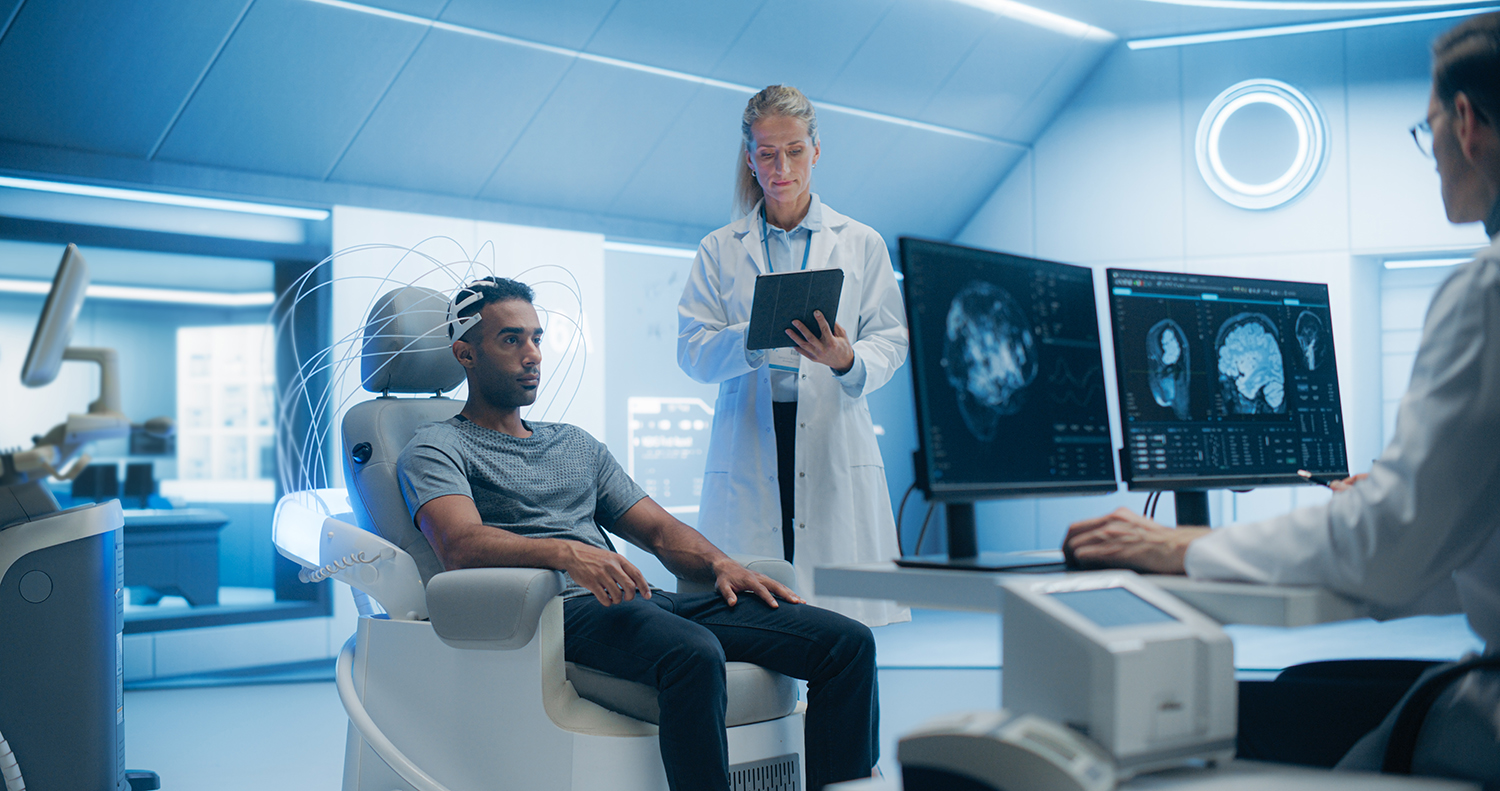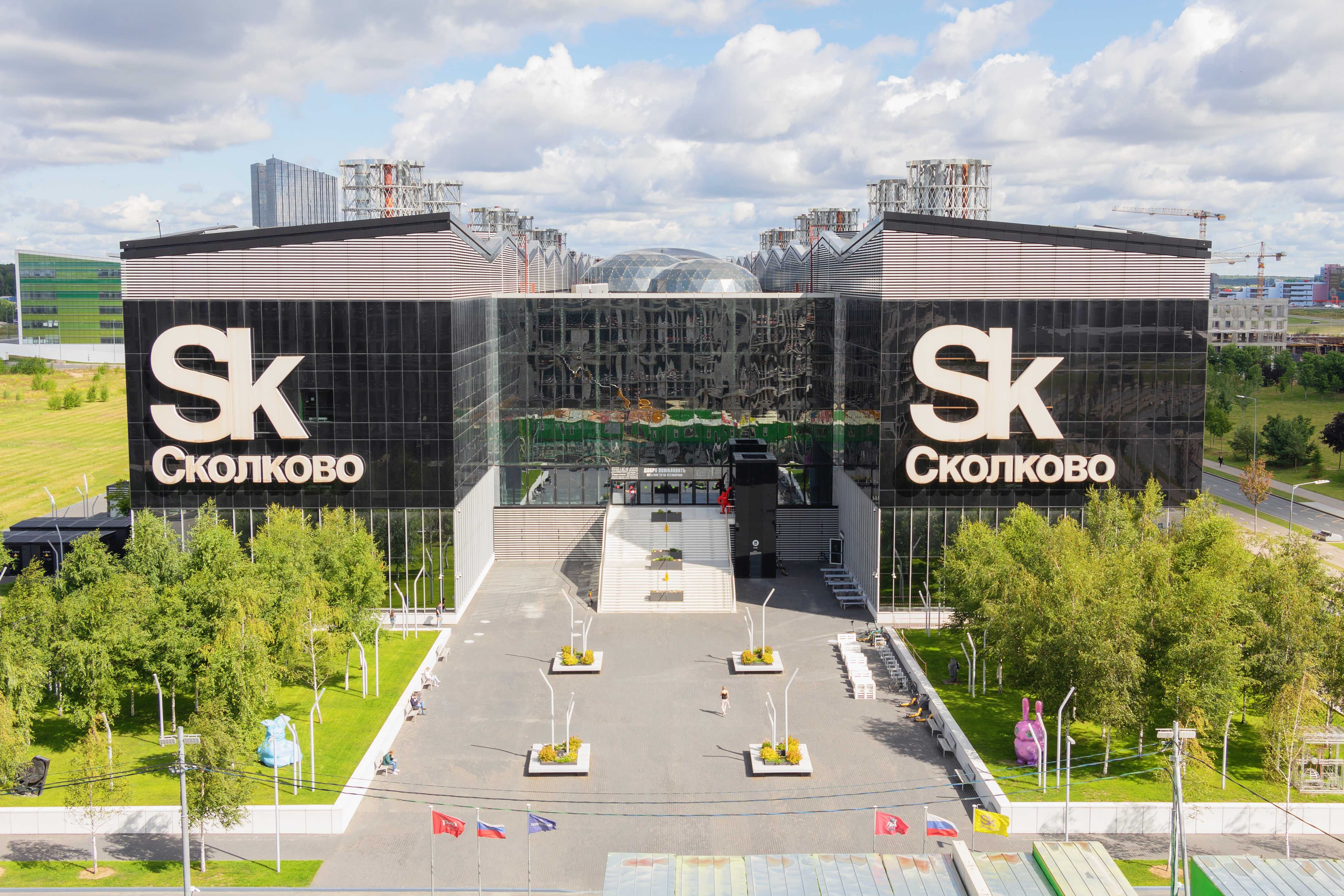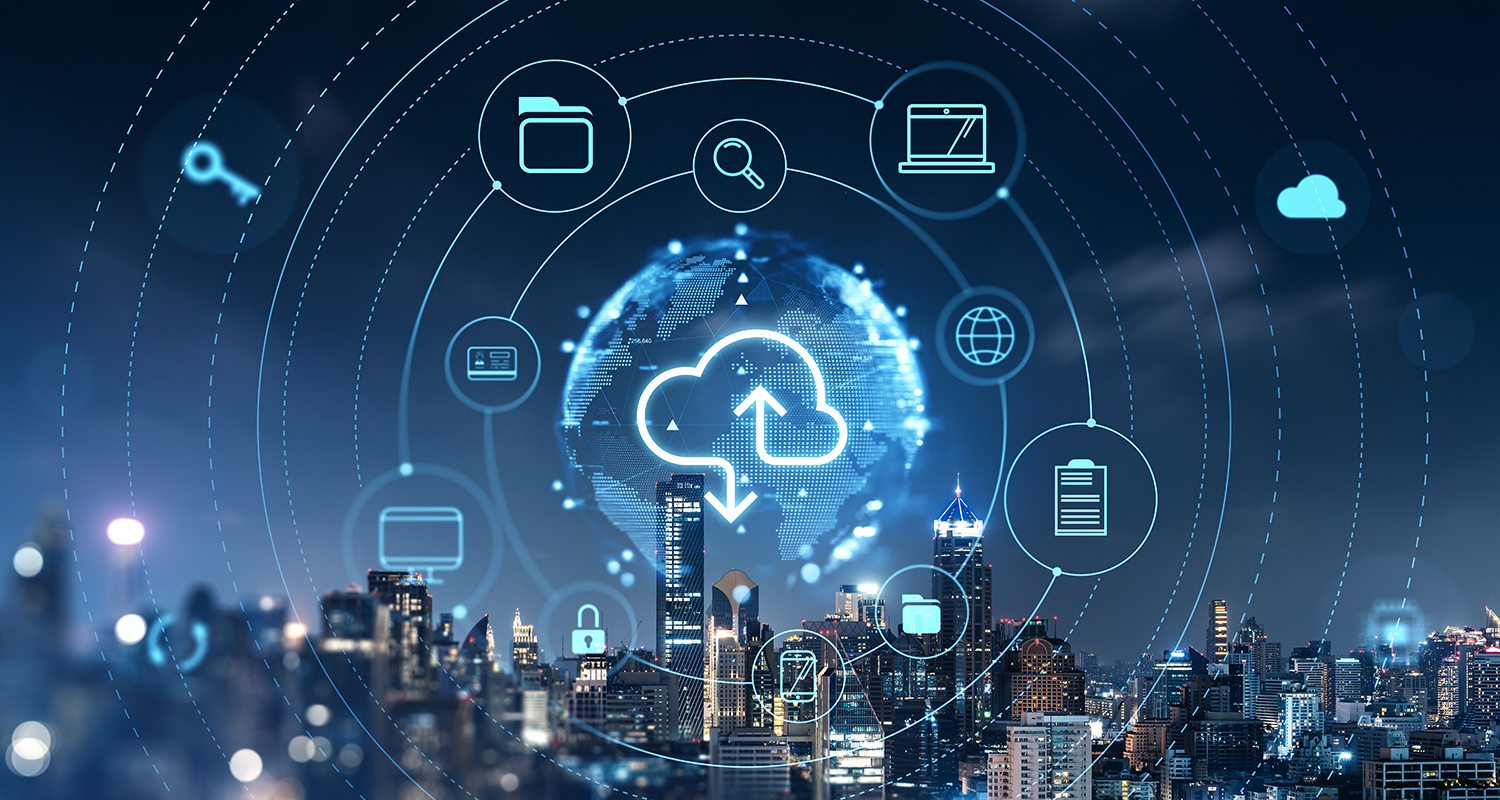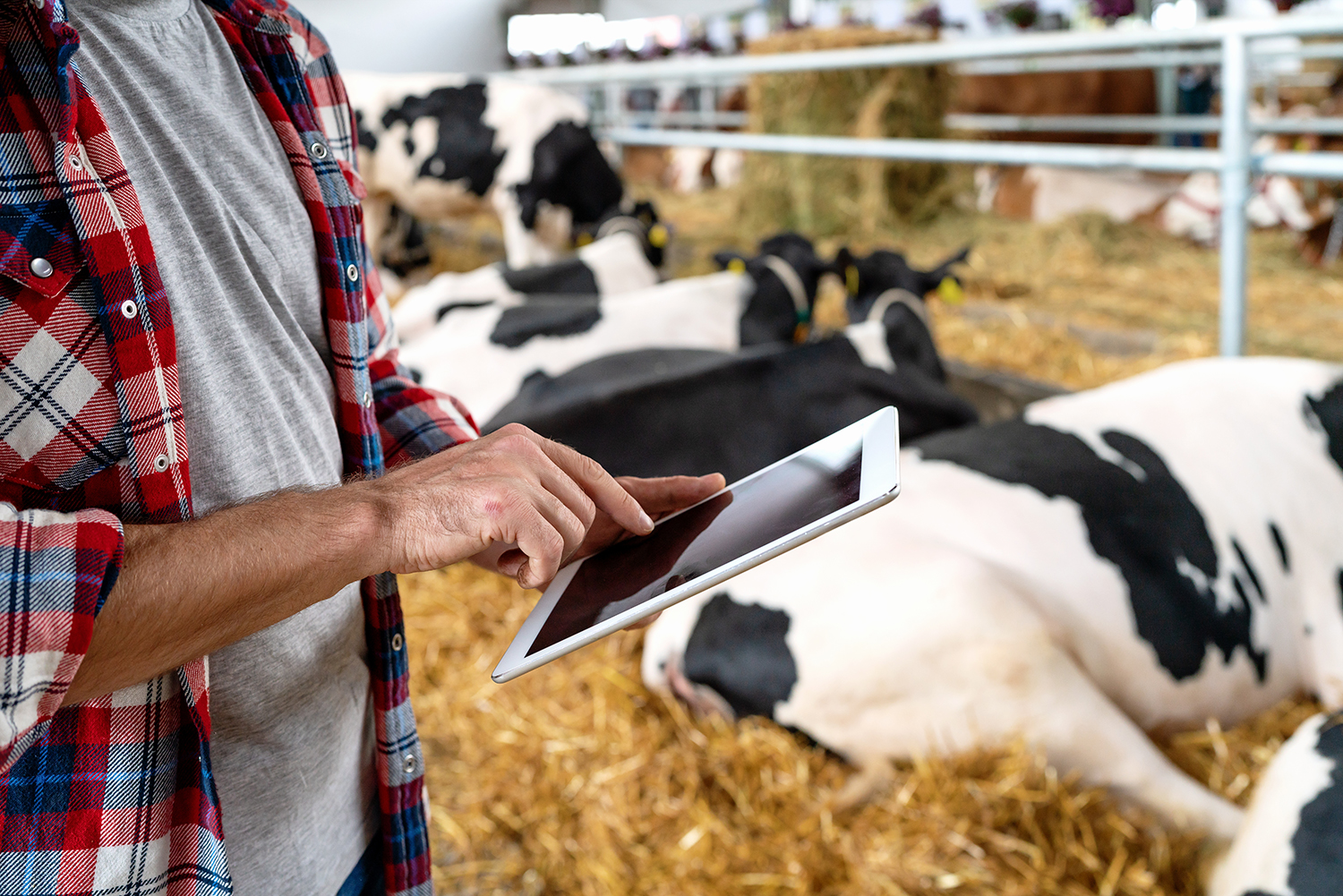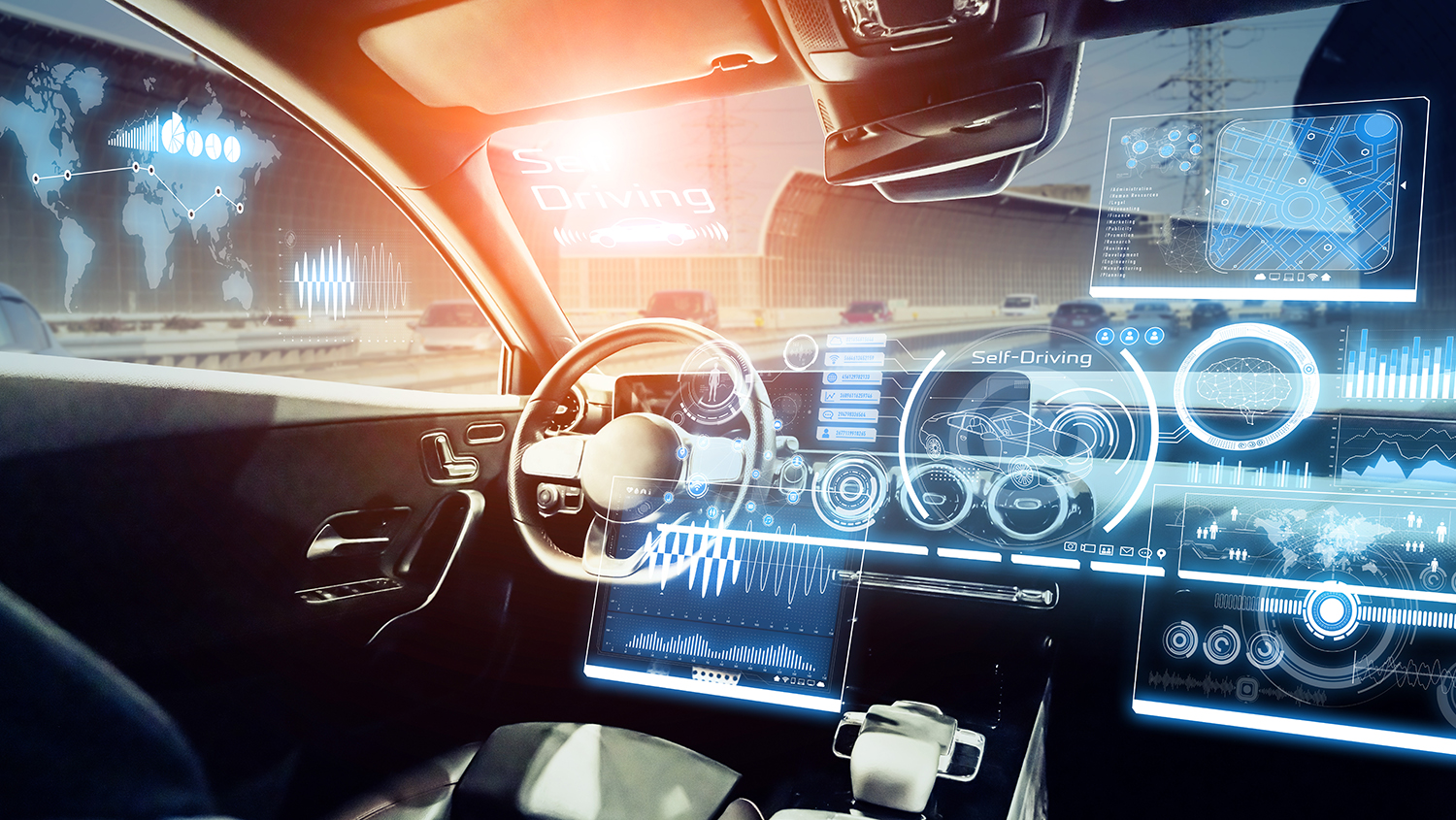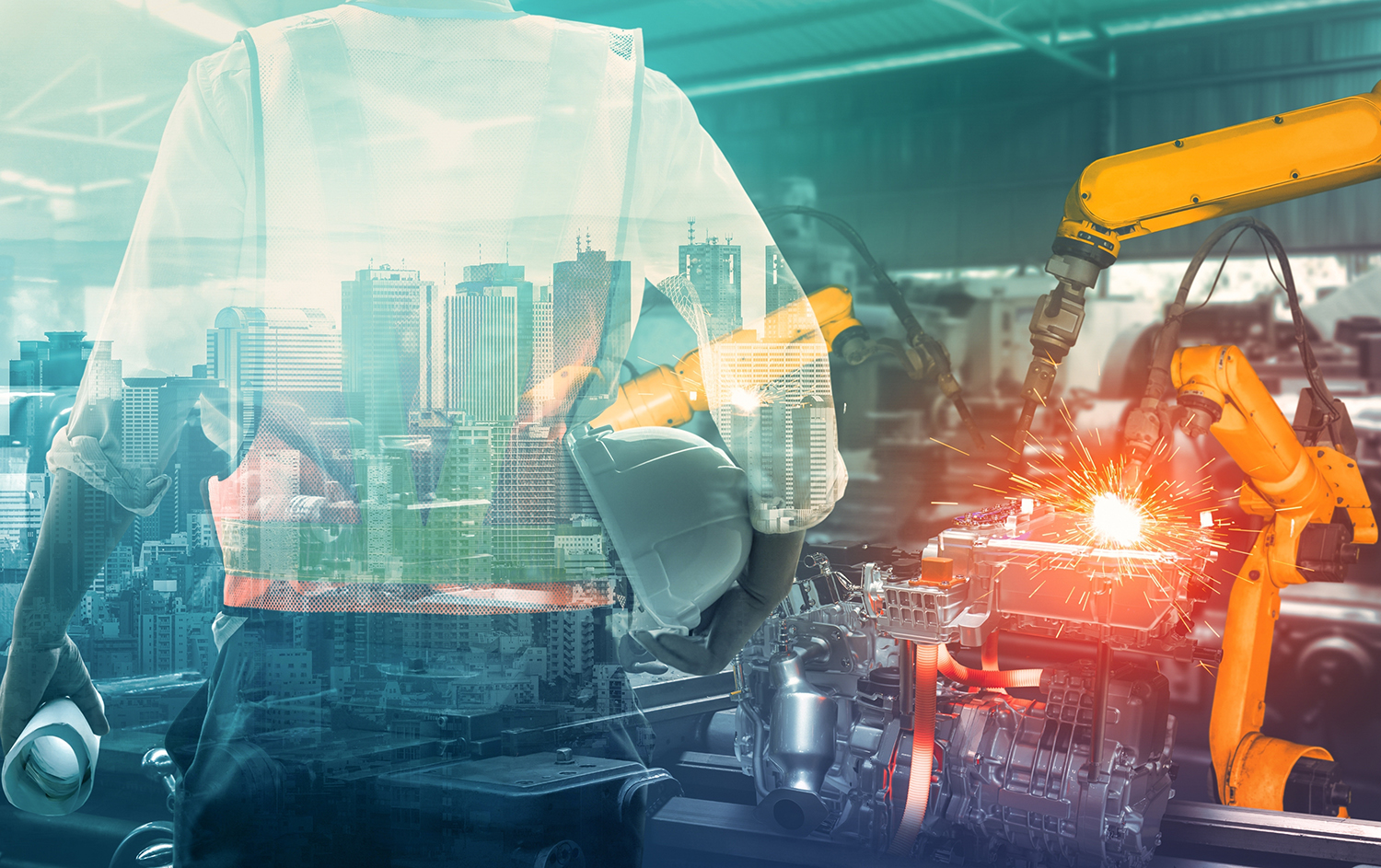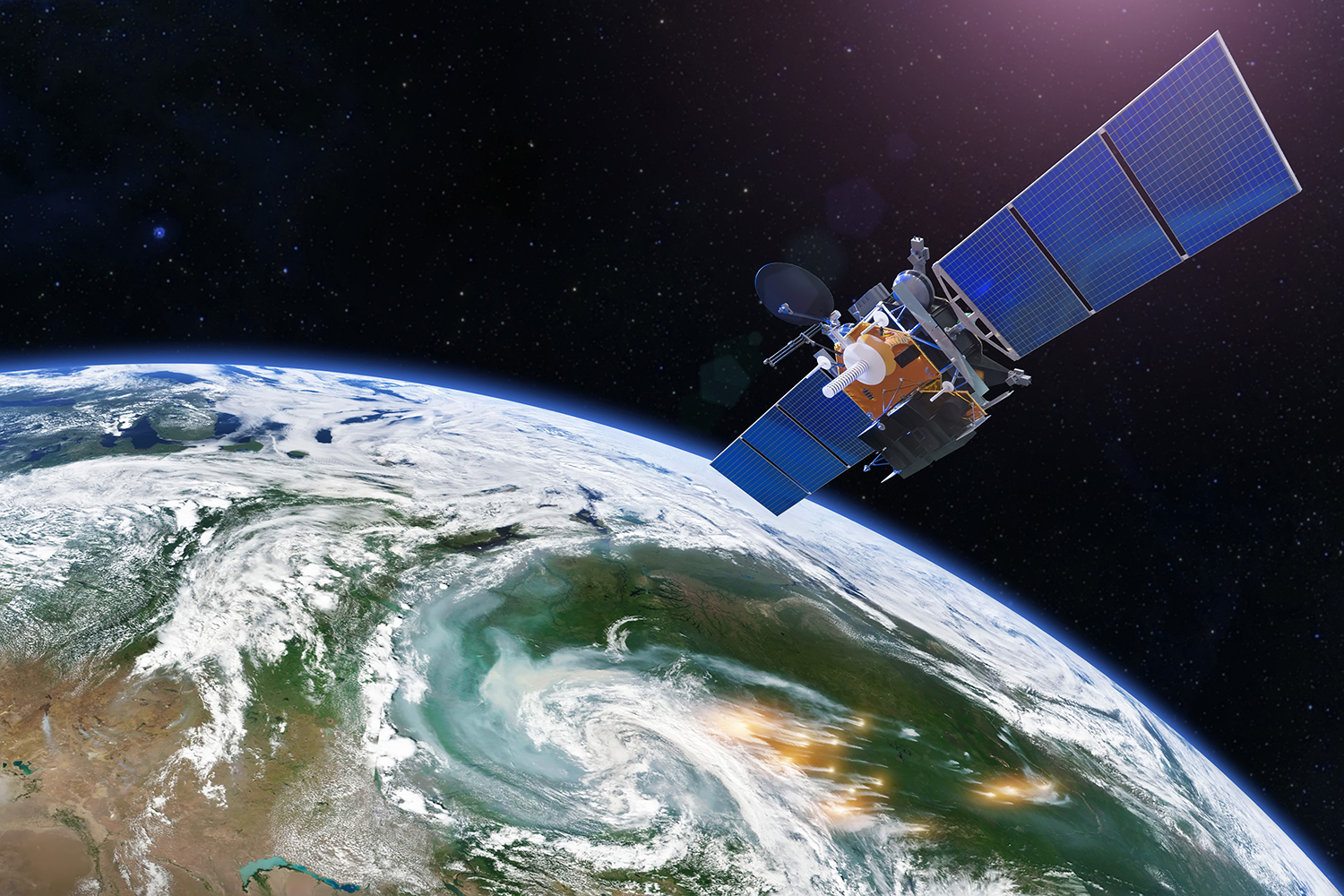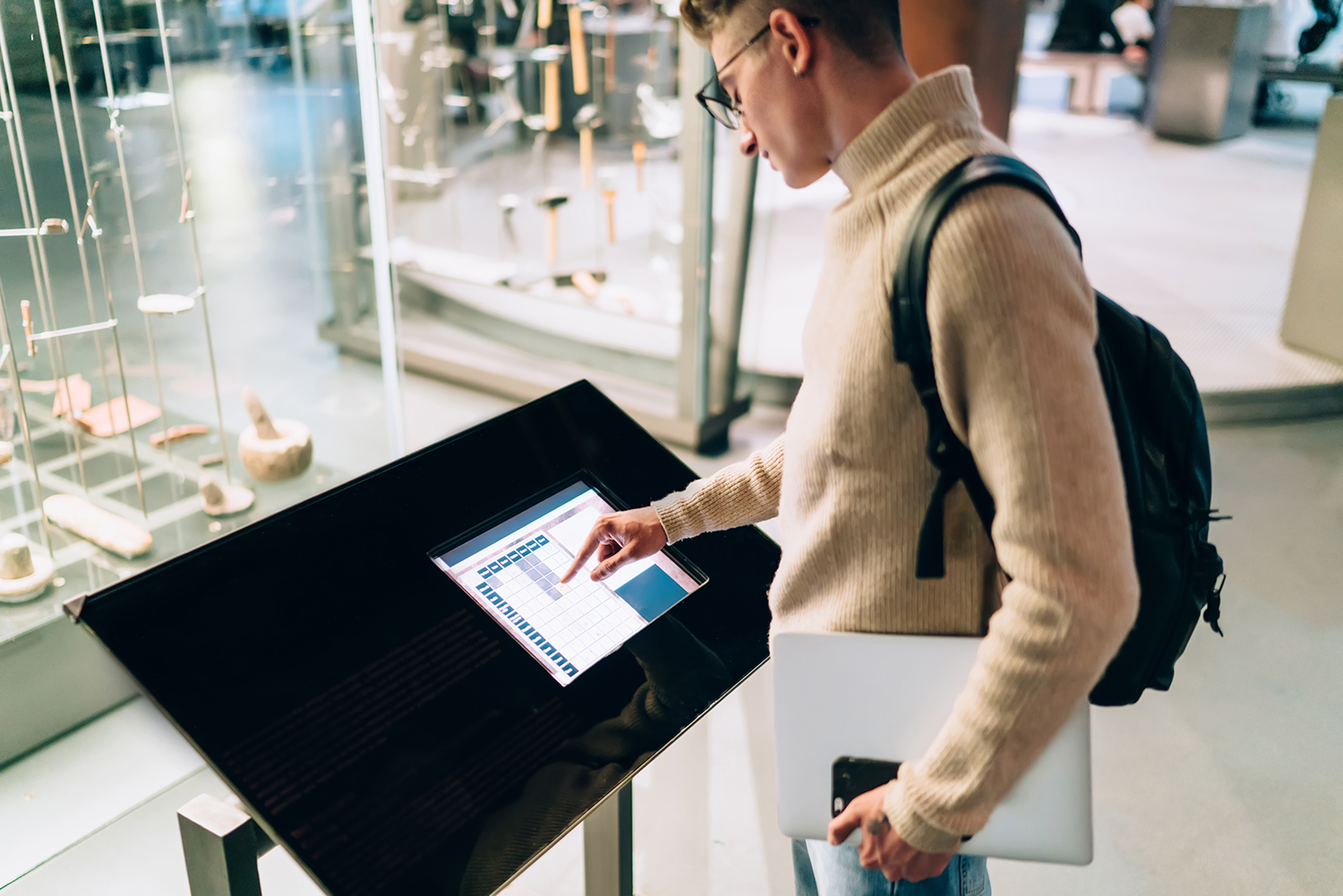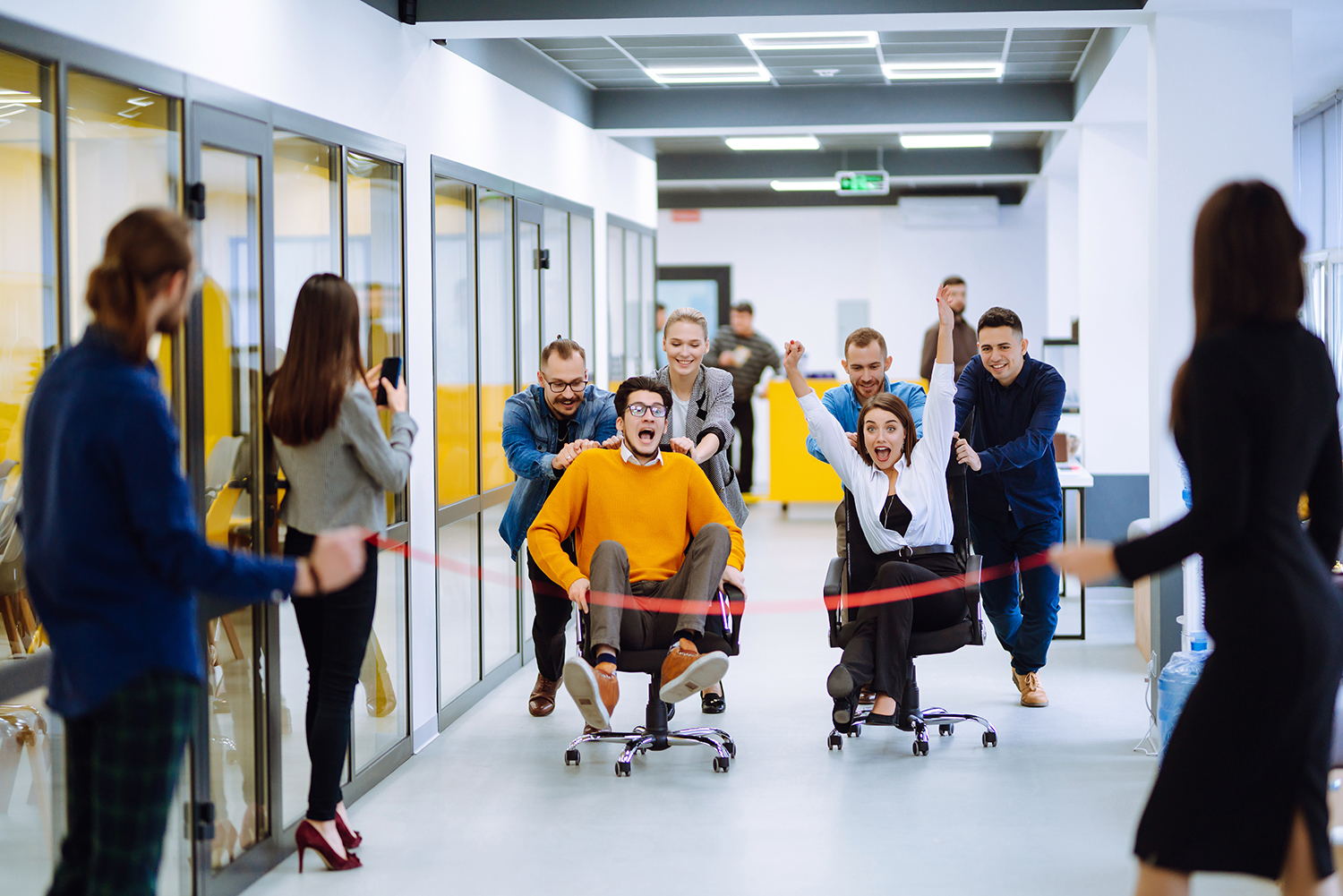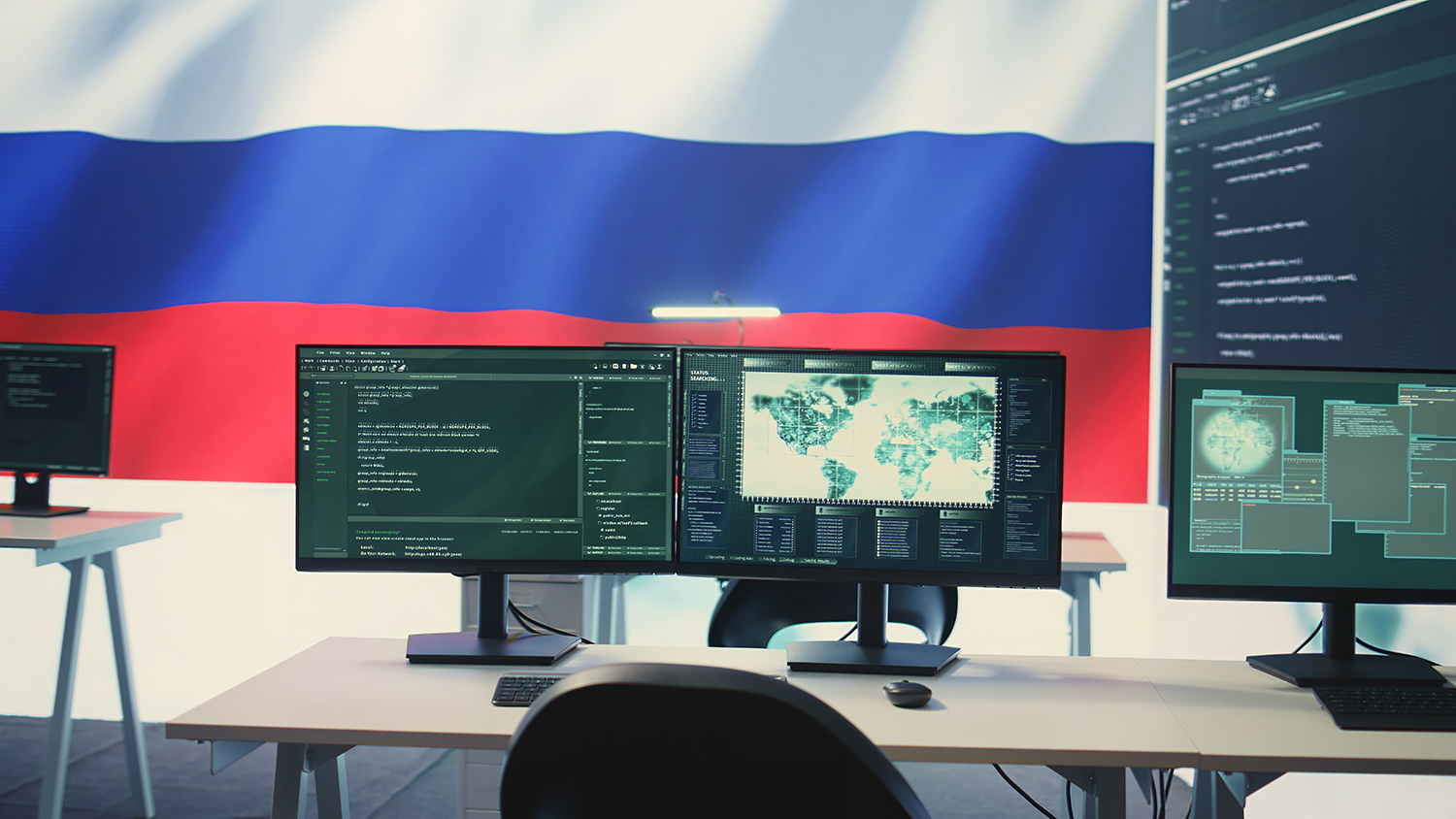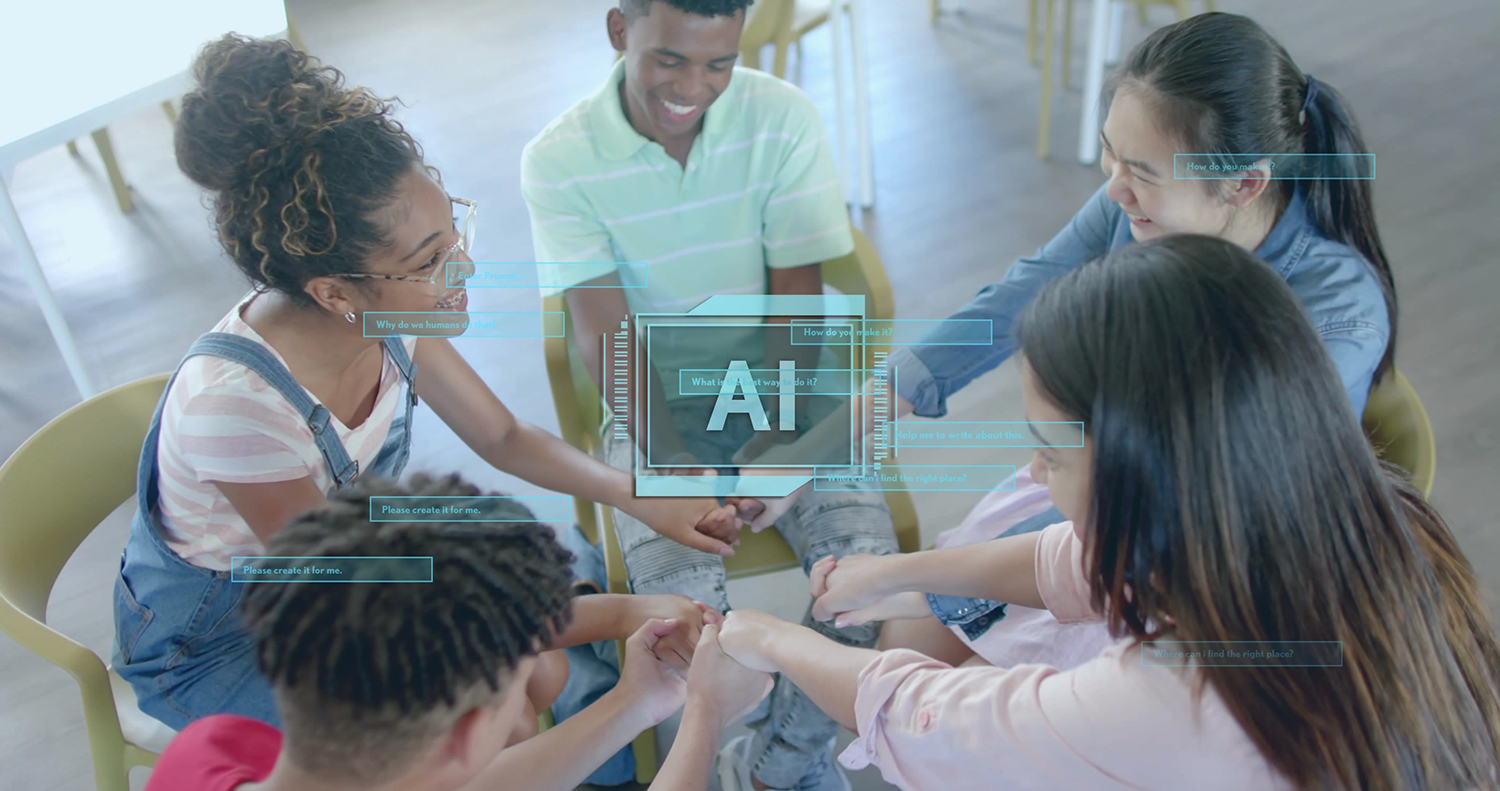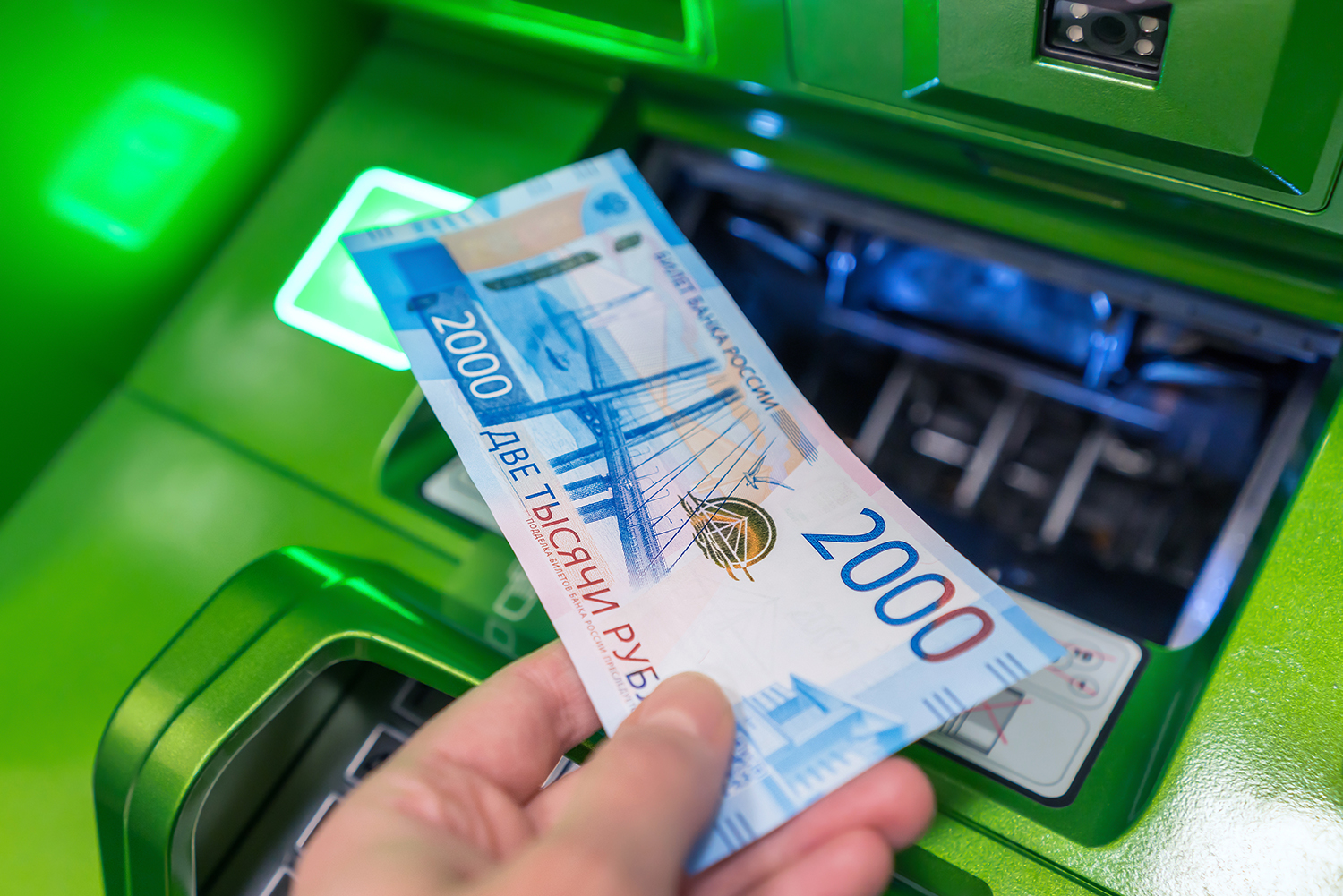When Art Meets Code: Russian Creators Are Rewriting Reality
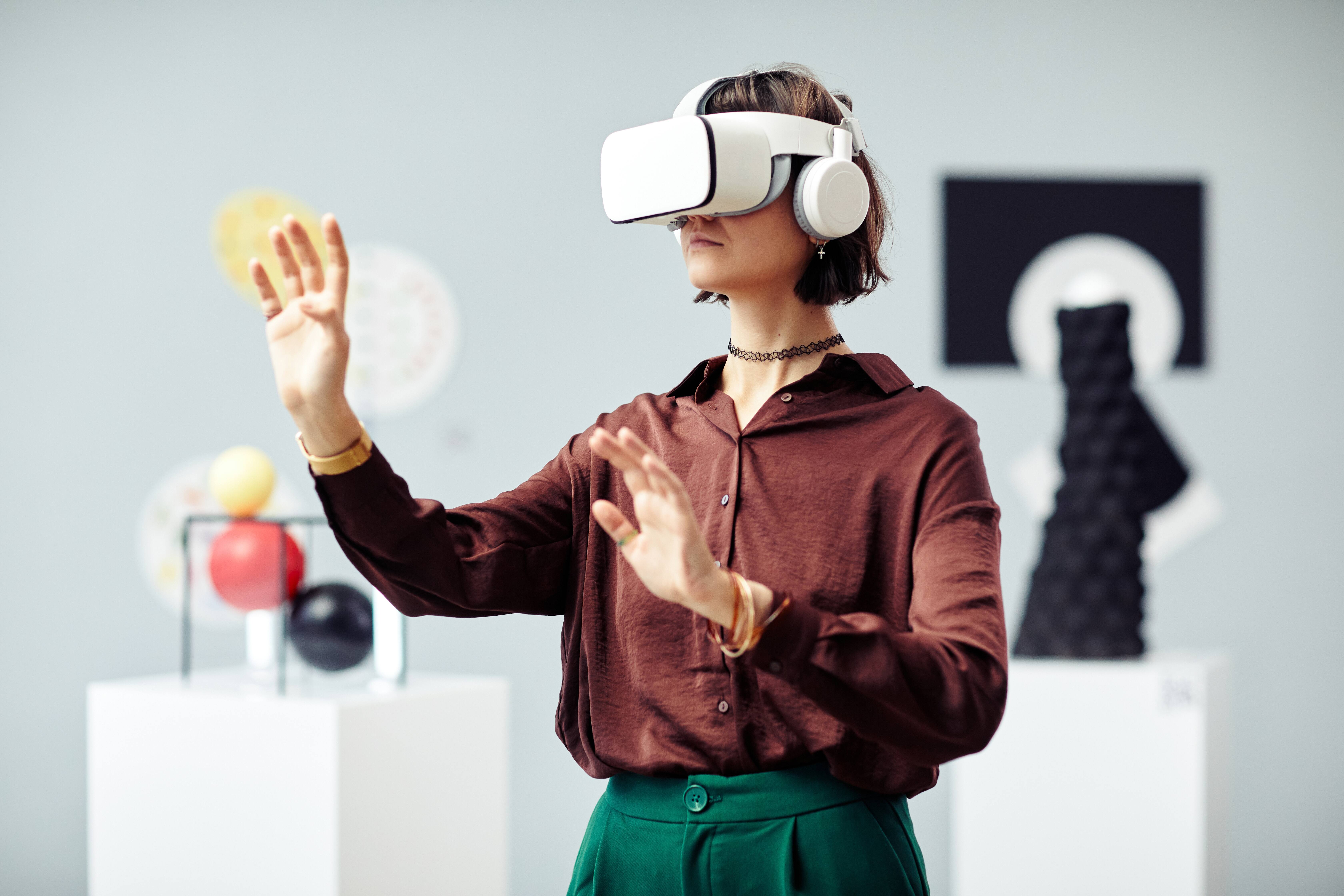
From immersive theater to neural network–driven exhibitions, Russia’s artists and developers are using VR, AR, and AI to redefine how culture is created, shared, and experienced. These technologies are not just tools — they’re transforming the very grammar of storytelling.
Expanding the Audience, Redefining the Stage
The Onlife iDEA Fest brings together performers from around the globe to produce shows that blend live acting with virtual environments. Audiences can join post-performance discussions with cast and directors in real time—even remotely. Over five seasons, more than 50 performances were staged with participation from artists in 40+ countries and over 10 million online viewers.
By removing physical limitations and inviting audience interaction, such platforms are turning spectators into collaborators. Russian artists are at the forefront of this global cultural shift.
Opera Rebooted: Digital Takes the Lead
The Digital Opera Saint Petersburg festival is an annual showcase where directors and media artists fuse opera with multimedia technologies. Launched in 2019, it challenges creators to reimagine classical forms using modern tools. Finalists are selected for a gala performance, revealing how timeless themes can be reinterpreted through digital artistry.

Artist Denis Semenov is one of the breakout stars of Russia’s VR scene. Known for blending AI, biomechanics, and immersive visuals, he won the Open Frame Award at Germany’s GoEast Festival for his project 'The Nominal Empire.' In 2021, he co-designed the VR concert 'Welcome to the Other Side' with Jean-Michel Jarre, streamed to over 75 million viewers around a digital Notre-Dame Cathedral.
When Neural Networks Curate Culture
Not all innovation happens at global scale. At the Nabokov Museum in St. Petersburg, a project called 'Nabokov Clip Art' used AI to visually interpret 29 literary quotes. One neural rendering transformed a line from 'The Defense' into a digital vision of apocalypse.
The project’s creators, Boris Orekhov and Lyubov Karakuts-Borodina, argue that AI’s lack of subjectivity allows it to interpret literature from a fresh, impartial perspective. They see neural networks as unbiased co-creators, not mere tools.

On the Ural frontier, a former steel plant now houses a video installation generated by AI. Over 15 clips, historical figures including Lenin, scientist Peter Pallas, and writers like Bazhov interact with viewers through wall projections. The site’s transformation from industrial heritage to digital storytelling space reflects the broader trend of tech-driven cultural revival.
VR as a Medium for Empathy and Memory
Russian artists are leveraging extended reality to build more than visuals—they’re building narratives you can walk through, converse with, and shape. Whether through immersive festivals or AI-powered exhibits, the country's creators are showing how technology can help us not just observe history and emotion, but inhabit it.



